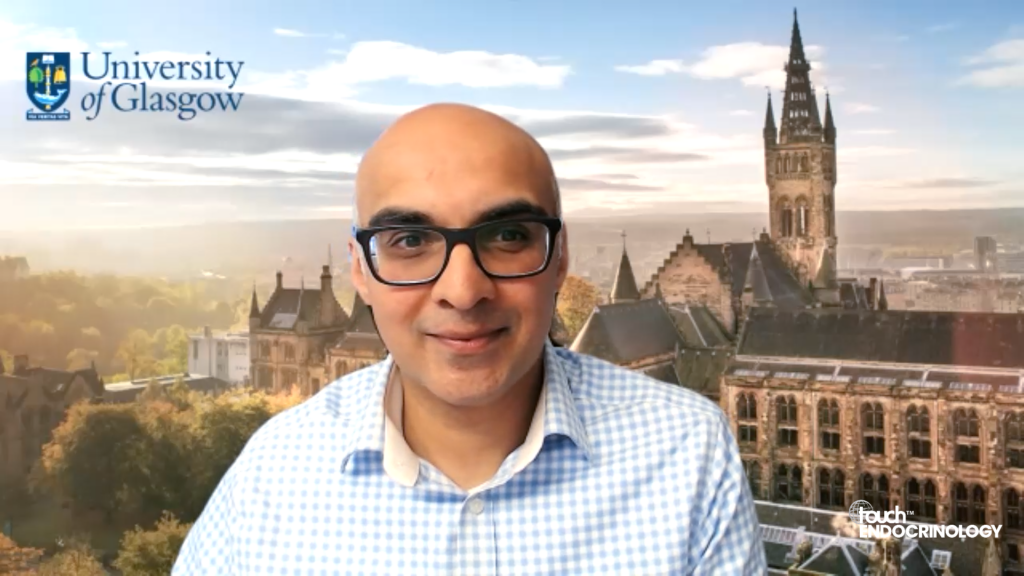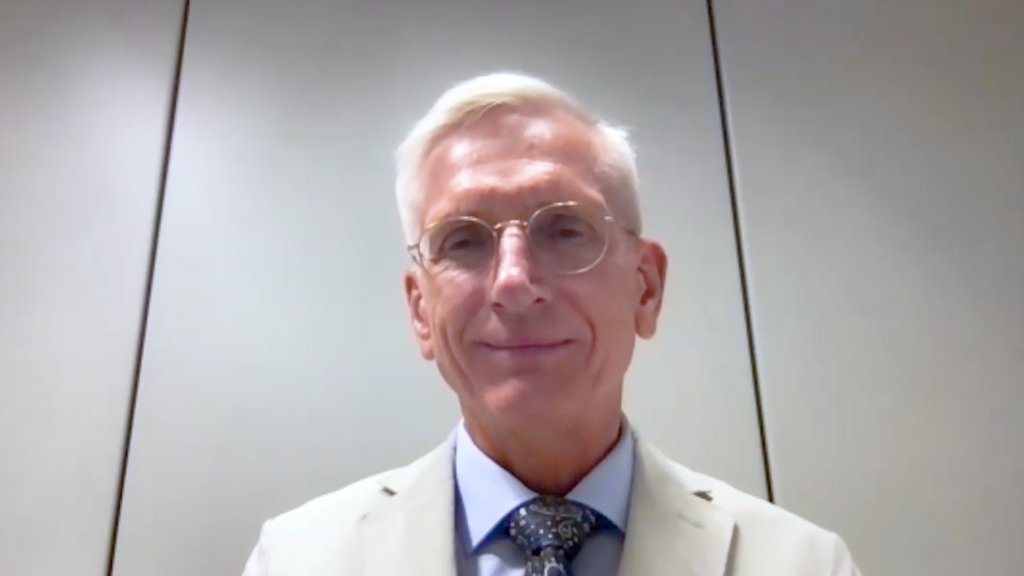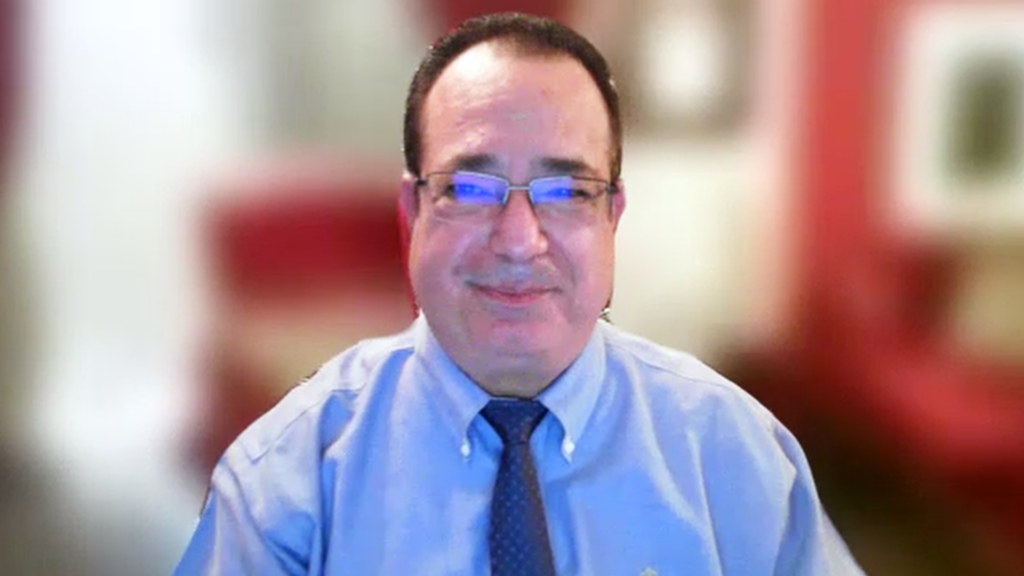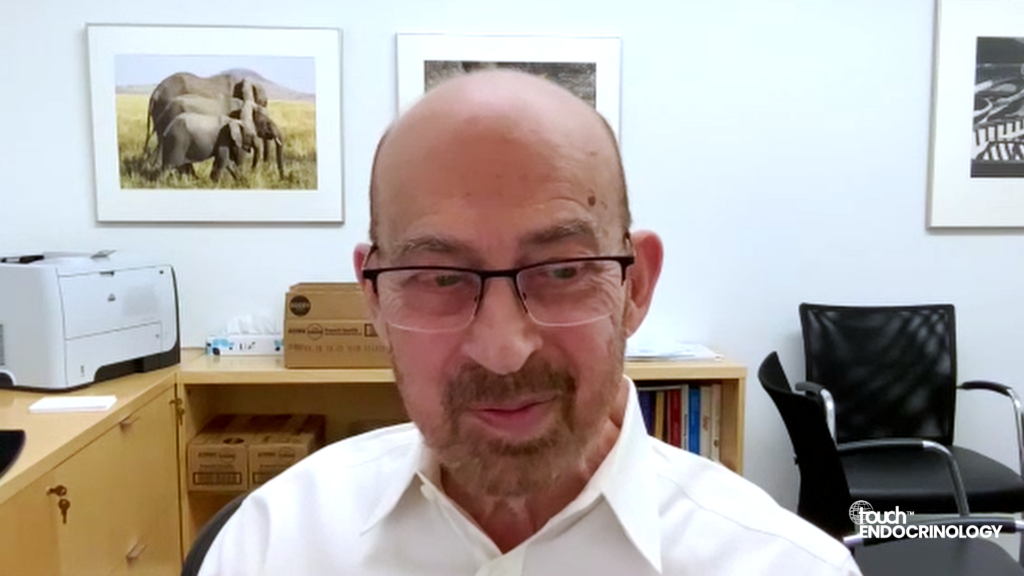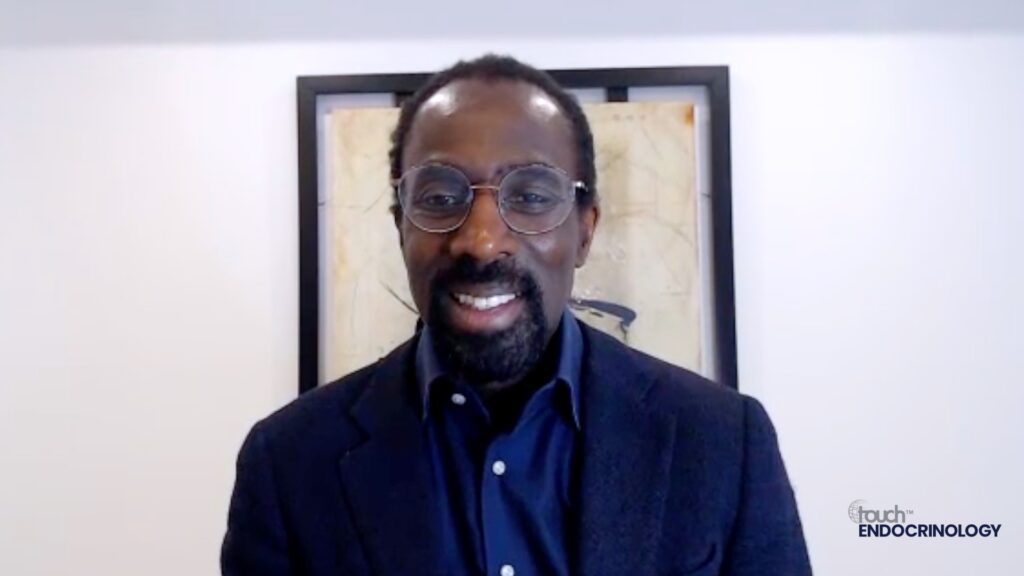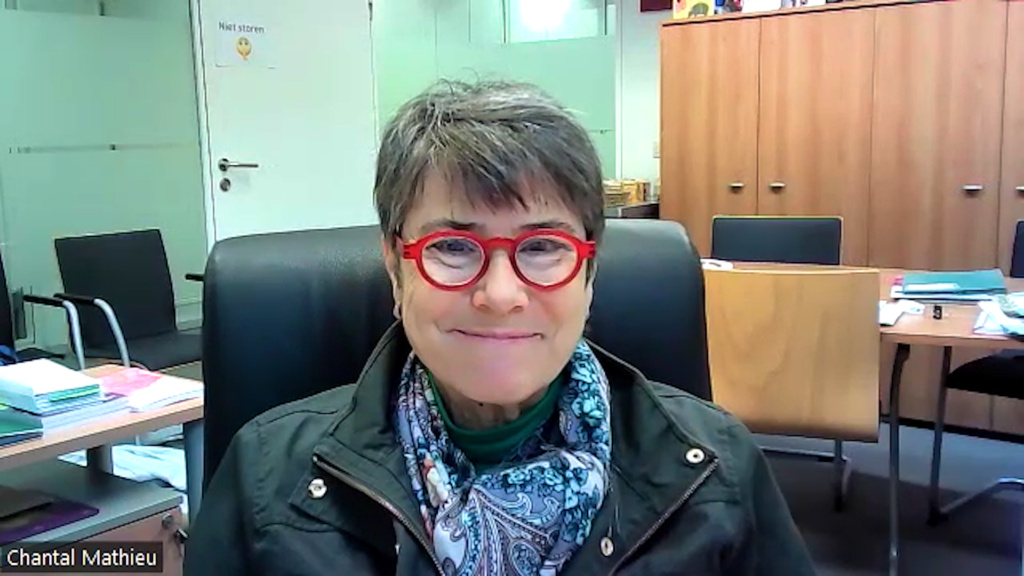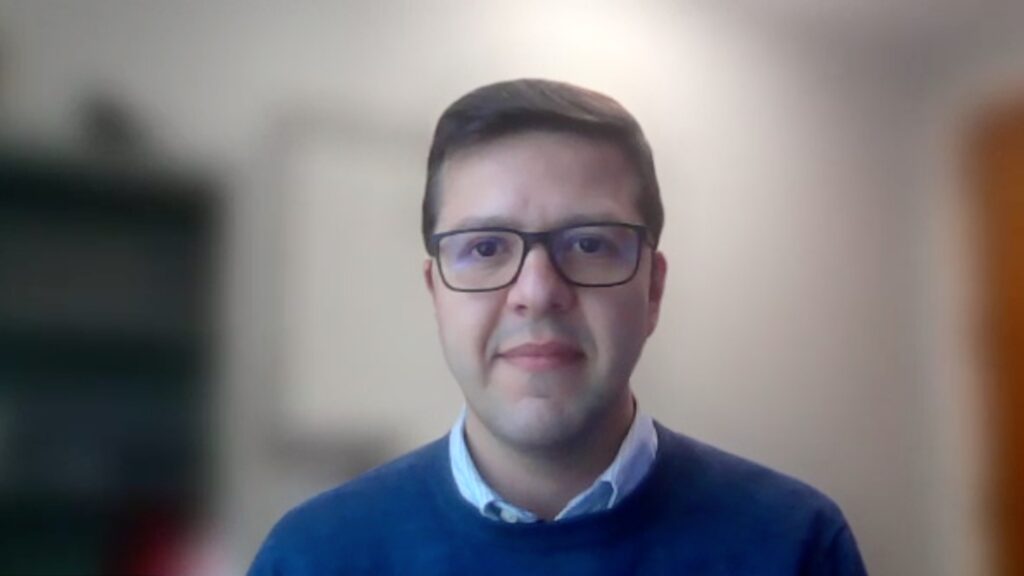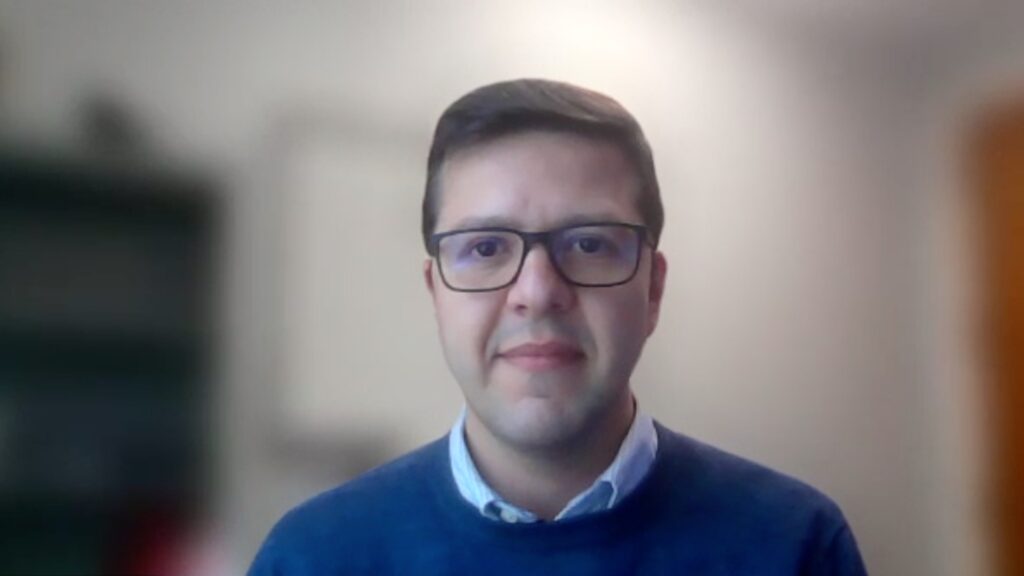We are entering a new decade, and on behalf of a strong and united Board of Directors, a new era of reinforced commitment to the challenges of those affected by diabetes around the world. Currently, President-Elect, Professor Akhtar Hussain and I, together with the new Board, are working on a 4-year plan to develop and strengthen the International Diabetes Federation (IDF).
The 4-year plan will include identifying new potential members, reaching out to new partners and supporters, as well as re-establishing contact with members who have left IDF in recent years, in the hope that they will consider re-joining the Federation. Our strength comes from our shared commitment to our cause, the size and geographic reach of our network, and the diversity of opinion and cultures we embrace. Over the coming years, IDF will continue to build external alliances and seek to collaborate closely with existing partners and other like-minded organisations in diabetes and non-communicable diseases.
Ever-increasing global epidemic
We are facing an ever-increasing global epidemic of diabetes, as recently reported in the IDF Diabetes Atlas, 9th Edition. Today, one in eleven adults are estimated to be living with diabetes, approaching 465 million people worldwide.
At national levels, the picture is often worse. Let me give you one example from recent statistics: a team in Pakistan led by former Chair of the IDF MENA Region, Professor Abdul Basit, recently reported that more than 1 in 6 of the adult population in Pakistan has diabetes. The figure is 1 in 8 across the Region as a whole. It is not only type 2 diabetes that is on the rise, figures for the number of people with type 1 diabetes are also increasing across the world.
Need for better resource allocation
The numbers are rising but the resources allocated to diabetes are often insufficient. We need, therefore, to argue for the best use of resources to treat diabetes and advise governments how best to bend the curve. During this biennium, we will continue to raise the global profile – and awareness – of diabetes as a dangerous threat to public health. However, it is also equally important that the millions of people at great risk understand how the development of type 2 diabetes is often preventable. It is also essential IDF and all stakeholders communicate health strategies to avert the development of type 2 diabetes. Today, more than ever, diabetes should command similar attention, recognition and resources afforded to other non-communicable diseases, such as heart disease and cancer.
Not only can many cases of type 2 diabetes be prevented by appropriate screening and intervention in high-risk populations, but also, for those already diagnosed with diabetes, secondary prevention can help stop or delay the development of complications. Increasing global awareness of type 2 diabetes as a serious but treatable and preventable condition will help in the management of this major health threat.
Campaigning for change
Along with awareness-raising, we will need to campaign for change. IDF has a responsibility to advocate for the development and implementation of policies and frameworks at the regional, national and international level to improve care for people with diabetes. We will continue to provide the evidence required to understand the impact of diabetes and to plan and implement policies that encourage optimal health outcomes for all people with diabetes. We will advocate for the rights of people living with diabetes around the overarching campaign theme of universal health coverage (UHC). We will remind governments of commitments they have made to ensure UHC and reduce diabetes-related mortality.
Access to essential medicines
An element of our campaign will focus specifically on access and affordability to essential diabetes medicines and technologies in the context of the centenary of the discovery of insulin in 1921 and the first successful insulin injection in 1922. The centenary provides a unique opportunity for the global diabetes community to come together, not only to celebrate this milestone in the history of diabetes, but also to advocate for change.
Professional education
Education remains crucial. We will continue to help strengthen healthcare systems by making sure professionals at all levels are able to provide a person-centred approach, and timely evidence-based treatment and education. We will support the development of evidence-based tools, solutions and guidelines for healthcare professionals where gaps are identified. People with diabetes make decisions 24/7 to manage their blood glucose and practice healthy lifestyles. IDF needs to develop additional resources to support what have become rigorous diabetes self-management plans to achieve healthy futures.
There is no doubt our objectives will result in a hectic, but dynamic two years for myself and the Board. I am counting on the passion and dedication I have seen within the IDF membership, my fellow Board members and IDF personnel to help our organisation drive the changes needed to improve care for the 463 million now living with diabetes and the millions more at risk.
Support: No funding was received in the publication of this Insight article.
Published: 23 January 2020


